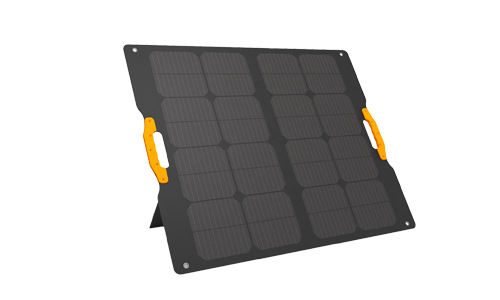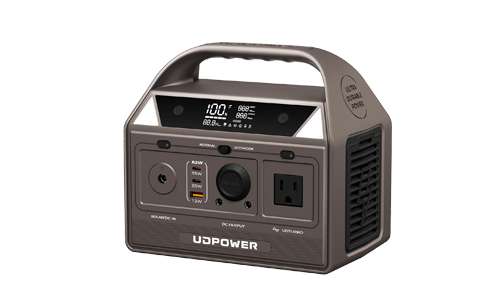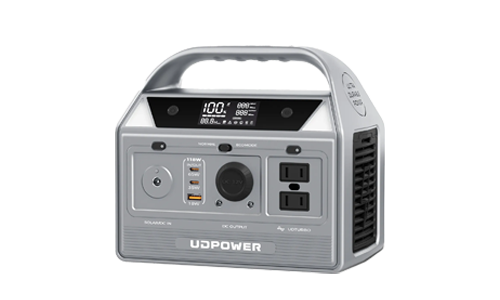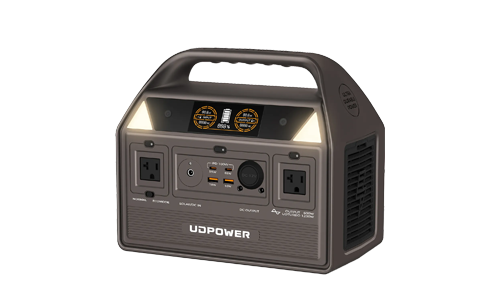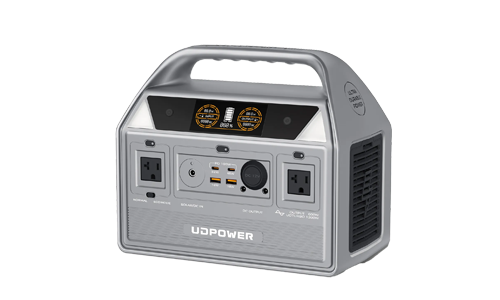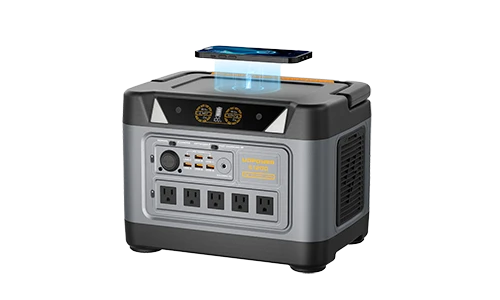How to Convert Watts to BTU (and BTU/hr to Watts)
ZacharyWilliamFast formulas, one-glance tables, and practical examples for heaters, ACs, and heat pumps. “BTU” below means BTU per hour (BTU/hr), the standard way to express heat power.

At-a-Glance Conversion Table
Most-requested conversions at a glance:
| Watts (W) | ≈ BTU/hr |
|---|---|
| 500 W | 1,706 BTU/hr |
| 1,000 W | 3,412 BTU/hr |
| 1,200 W | 4,095 BTU/hr |
| 1,500 W | 5,118 BTU/hr |
| 1,800 W | 6,142 BTU/hr |
| 2,000 W | 6,824 BTU/hr |
| 2,500 W | 8,530 BTU/hr |
Common AC Sizes (BTU/hr → Watts)
Thermal capacity in watts for popular AC sizes:
| BTU/hr | ≈ Watts (W) |
|---|---|
| 5,000 | 1,465.4 W |
| 8,000 | 2,344.6 W |
| 10,000 | 2,930.7 W |
| 12,000 | 3,516.9 W |
| 14,000 | 4,103.0 W |
| 18,000 | 5,275.3 W |
| 24,000 | 7,033.7 W |
Note: Electrical input watts for ACs depend on efficiency (EER/SEER/COP) and are usually far lower than their thermal watts above.
Formulas (Watts ⇄ BTU/hr)
Exact constant: 1 W = 3.412142 BTU/hr (because 1 BTU = 1,055.06 J and 1 W = 1 J/s).
Watts → BTU/hr
BTU/hr = Watts × 3.412142
Rule of thumb: multiply watts by 3.412.
BTU/hr → Watts
Watts = BTU/hr × 0.29307107
Rule of thumb: divide BTU/hr by 3.412.
Units reminder: BTU is energy, BTU/hr is power (heat flow). Conversions here use BTU/hr.
Watts → BTU/hr Conversion Table
| Watts (W) | ≈ BTU/hr |
|---|---|
| 50 | 171 |
| 75 | 256 |
| 100 | 341 |
| 150 | 512 |
| 200 | 682 |
| 250 | 853 |
| 300 | 1,024 |
| 350 | 1,194 |
| 400 | 1,365 |
| 450 | 1,535 |
| 500 | 1,706 |
| 600 | 2,047 |
| 700 | 2,388 |
| 750 | 2,559 |
| 800 | 2,730 |
| 900 | 3,071 |
| 1,000 | 3,412 |
| 1,200 | 4,095 |
| 1,500 | 5,118 |
| 1,800 | 6,142 |
| 2,000 | 6,824 |
| 2,500 | 8,530 |
| 3,000 | 10,237 |
| 3,500 | 11,942 |
| 4,000 | 13,649 |
| 4,500 | 15,354 |
| 5,000 | 17,061 |
| 6,000 | 20,473 |
| 7,000 | 23,885 |
| 8,000 | 27,298 |
| 9,000 | 30,710 |
| 10,000 | 34,121 |
BTU/hr → Watts Conversion Table
| BTU/hr | ≈ Watts (W) |
|---|---|
| 500 | 146.5 |
| 800 | 234.5 |
| 1,000 | 293.1 |
| 1,200 | 351.7 |
| 1,400 | 410.3 |
| 1,500 | 439.6 |
| 1,800 | 527.5 |
| 2,000 | 586.1 |
| 2,500 | 732.7 |
| 3,000 | 879.2 |
| 3,500 | 1,025.7 |
| 4,000 | 1,172.3 |
| 4,500 | 1,318.8 |
| 5,000 | 1,465.4 |
| 6,000 | 1,758.4 |
| 7,000 | 2,051.5 |
| 8,000 | 2,344.6 |
| 9,000 | 2,637.6 |
| 10,000 | 2,930.7 |
| 12,000 | 3,516.9 |
| 14,000 | 4,103.0 |
| 15,000 | 4,396.1 |
| 18,000 | 5,275.3 |
| 20,000 | 5,861.4 |
| 22,000 | 6,447.6 |
| 24,000 | 7,033.7 |
| 30,000 | 8,792.1 |
| 36,000 | 10,550.5 |
| 48,000 | 14,067.6 |
| 60,000 | 17,584.3 |
kW → BTU/hr (Quick Reference)
| kW | ≈ BTU/hr |
|---|---|
| 0.2 | 682 |
| 0.3 | 1,024 |
| 0.5 | 1,706 |
| 0.75 | 2,559 |
| 1.0 | 3,412 |
| 1.2 | 4,095 |
| 1.5 | 5,118 |
| 2.0 | 6,824 |
| 2.5 | 8,530 |
| 3.0 | 10,236 |
| 3.5 | 11,942 |
| 4.0 | 13,649 |
| 5.0 | 17,061 |
Worked Examples
1) Convert 1,500 W space heater to BTU/hr
BTU/hr = 1,500 × 3.412142 = 5,118.2 → ≈ 5,118 BTU/hr
Tip: Electric resistance heaters are ~100% efficient at turning electrical watts into heat, so this conversion approximates the actual heating output.
2) Convert 12,000 BTU/hr window AC to watts
Thermal watts = 12,000 × 0.29307107 = 3,516.9 W
Important: That’s the thermal capacity. The electrical input is typically lower and depends on efficiency: Winput = BTU/hr ÷ EER. For example, EER 10 → ~1,200 W input.
3) Heat pump note
Heat pumps deliver more BTU/hr than their electrical input suggests because they move heat rather than create it. With a COP of 3, a 1,000 W input could deliver about 3,000 W of thermal output (~10,236 BTU/hr).
UDPOWER Picks for Heat/Cool Loads (Watts ⇄ BTU/hr)
Match your device’s electrical input (W) to a power station’s rated output. For resistive heat (space heaters), you can estimate heat output as BTU/hr ≈ W × 3.412. For AC units, check electrical watts (BTU/hr is thermal).
UDPOWER S1200 Portable Power Station

- 1,190Wh LiFePO₄ • 1,200W rated (UDTURBO 1,800W surge)
- ~26.0 lbs • 15 ports (5 AC + 10 DC) • UPSPrime <10 ms
- Heat equivalence hint (resistive): 1,200W ≈ 4,095 BTU/hr
Great for: portable ACs and heater loads ≤ 1,200W input (check nameplate watts).
UDPOWER C600 Portable Power Station

- 596Wh LiFePO₄ • 600W rated (up to 1,200W max)
- ~12.3 lbs • Multiple outputs (2× AC, USB-C PD, USB-A, 12V car, DC5521)
- Heat equivalence hint (resistive): 600W ≈ 2,047 BTU/hr
Great for: dehumidifiers, personal heaters, fans, and room devices ≤ 600W input.
UDPOWER C400 Portable Power Station

- 256Wh LiFePO₄ • 400W rated (800W surge)
- 9+ outputs incl. 2× AC, 2× USB-C PD, 12V car, DC5521 • Solar-ready
- Heat equivalence hint (resistive): 400W ≈ 1,365 BTU/hr
Great for: personal space heaters, air movers, mini dehumidifiers, spot cooling ≤ 400W.
UDPOWER C200 Portable Power Station

- 192Wh LiFePO₄ • 200W rated (400W surge)
- ~5.4 lbs • AC + USB-C + USB-A + DC • LED light (SOS)
- Heat equivalence hint (resistive): 200W ≈ 682 BTU/hr
Great for: heated blankets, desk fans, CPAPs, and light-duty loads ≤ 200W.
Notes: Always size to the device’s electrical input watts. For motors/compressors (ACs, dehumidifiers), account for starting surge and efficiency. Runtime depends on battery Wh, load watts, and losses.
Continue Reading:
FAQs
What’s the difference between BTU and BTU/hr?
BTU is an amount of heat (energy). BTU/hr is a rate of heat flow (power). Conversions here use BTU/hr because watts are also a unit of power.
Why don’t AC electrical watts match the BTU→W table?
The table gives thermal watts. Real electrical input depends on efficiency (EER/SEER/COP), operating mode, and conditions. For quick estimates, divide BTU/hr by the EER to approximate electrical watts.
How precise are these numbers?
We use 1 W = 3.412142 BTU/hr and round for readability. For engineering calculations, keep more decimals and state assumptions.
How do I convert kilowatts (kW) to BTU/hr?
Multiply kW by 3,412 (since 1 kW = 1,000 W). Example: 2.5 kW ≈ 2,500 × 3.412142 = 8,530 BTU/hr.
